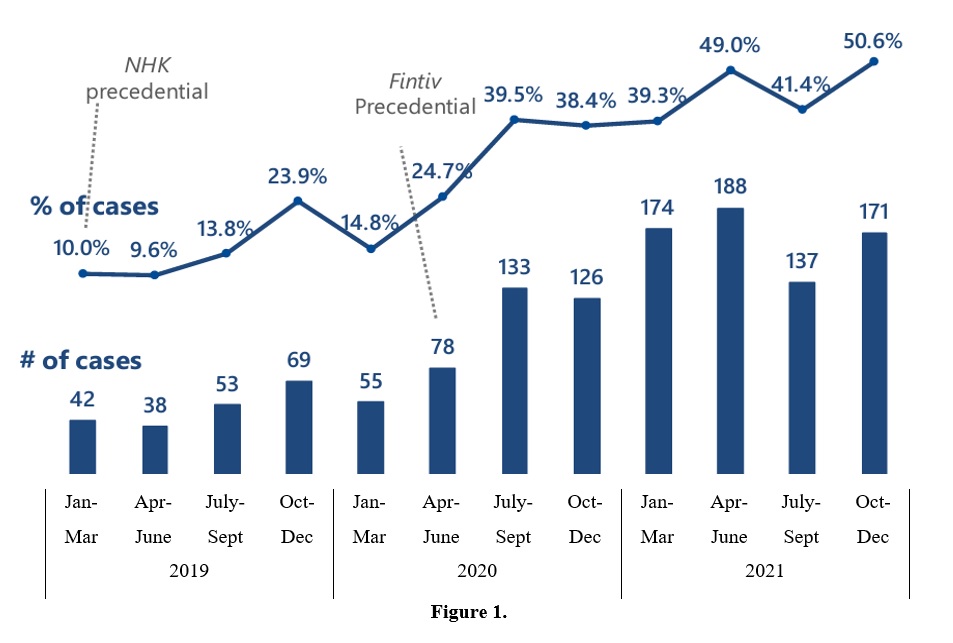Common Health Care Issues That Arise in Divorce
What health care issues arise in divorce? Who will pay for health insurance is the primary health care issue that comes up in a divorce, even in an online divorce in Huntsville, Alabama. Typically, the former spouse who is more economically dependent will request that the other spouse pay for their health insurance, at least temporarily. The more economically dependent spouse may request that the alimony amount cover the cost of their health insurance. In Alabama, rehabilitative alimony may not last more than five years except under extraordinary circumstances.
If the parties want to handle the cost of health insurance another way, they can write a clause into the Marital Settlement Agreement (MSA). The cost of insurance is a common health care issue that arises in divorce. Typically, a divorced person is not eligible for coverage under the policy of their former partner’s employer. COBRA allows a divorced person to buy into the group policy for a while after divorce. The person may need to pay all of the premium. When you call a divorce attorney in Montgomery, or where you live, they can walk you through this health care minefield as well.
The Affordable Care Act (ACA) provides that a person who is divorced is eligible to buy health insurance on the Health Insurance Marketplace of Alabama, the state exchange. The person may also be deemed eligible for subsidies based on income even if they are enrolling outside of the normal enrollment period.
Children’s health insurance
Both parents are responsible for ensuring their child has health insurance. A child will remain eligible under a parent’s employer’s policy. The court may issue a qualified medical child support order (QMCSO) requiring that a parent’s employer-sponsored health plan cover children of the marriage. Parents must financially support a child until the child marries, reaches the age of 19, or becomes self-supporting. Alabama no longer requires a parent to support a child over the age of 19 who is in college or has special needs.
If one parent is ordered to pay child support, the court calculates the child support with a formula that takes into account both parents’ incomes, or ability to earn income, and the costs for healthcare premiums. Usually, the non-custodial parent pays for the child’s health insurance. The term “health insurance” includes dental and vision coverage. The parent paying for health insurance must provide the other parent with information relating to the child’s policy, including the policy number, insurer, and notifications of benefit changes.
When the parent paying for health insurance experiences a material changes in circumstances, such as losing a job, they can request that the court modify the order of child support. A parent may ask to pay less child support, temporarily or permanently, depending on their circumstances. They cannot pay less than Alabama’s basic child support obligation. This is calculated using the combined adjusted gross income of the parents.
Long-term illness or disability
The fact that a former spouse has a long-term illness or disability will influence the amount of alimony they request and the period for which they request it. The court will take these circumstances into account when ordering the other spouse to pay alimony. Serious health issues may qualify as extraordinary circumstances that induce a court to order rehabilitative alimony beyond five years.
The spouse with the long-term illness or disability may qualify for Medicaid or Medicare, depending on their age and health issues. Medicaid is a state-managed health insurance program for individuals with a low income. If the higher-earning spouse does not have a great deal of income, it may make sense for the lower-earning spouse to apply for Medicaid.
Medicare is a federal insurance program that is primarily for individuals over 65. It also covers younger people who are dialysis patients or have qualifying disabilities. If the higher-earning spouse is not receiving sufficient funds to pay for the lower-earning spouse’s healthcare costs, it may make sense for the lower-earning spouse to apply for Medicare. Medicare patients are required to pay their deductibles and monthly premiums for non-hospital coverage. The lower-earning spouse’s divorce attorney in Prattville may request that the higher-earning spouse cover these costs temporarily or permanently through alimony.
Attorney Steven A. Harris regularly blogs in the areas of family law, bankruptcy, and real estate closings on this website. He is always available in any of the firm’s offices or by phone anytime for a consultation. Mr. Harris tries to provide informative information to the public in easily digestible formats. Hopefully you enjoyed this article and feel free to supply any feedback. We appreciate our readers and love to hear from you!
Sharing is caring:







